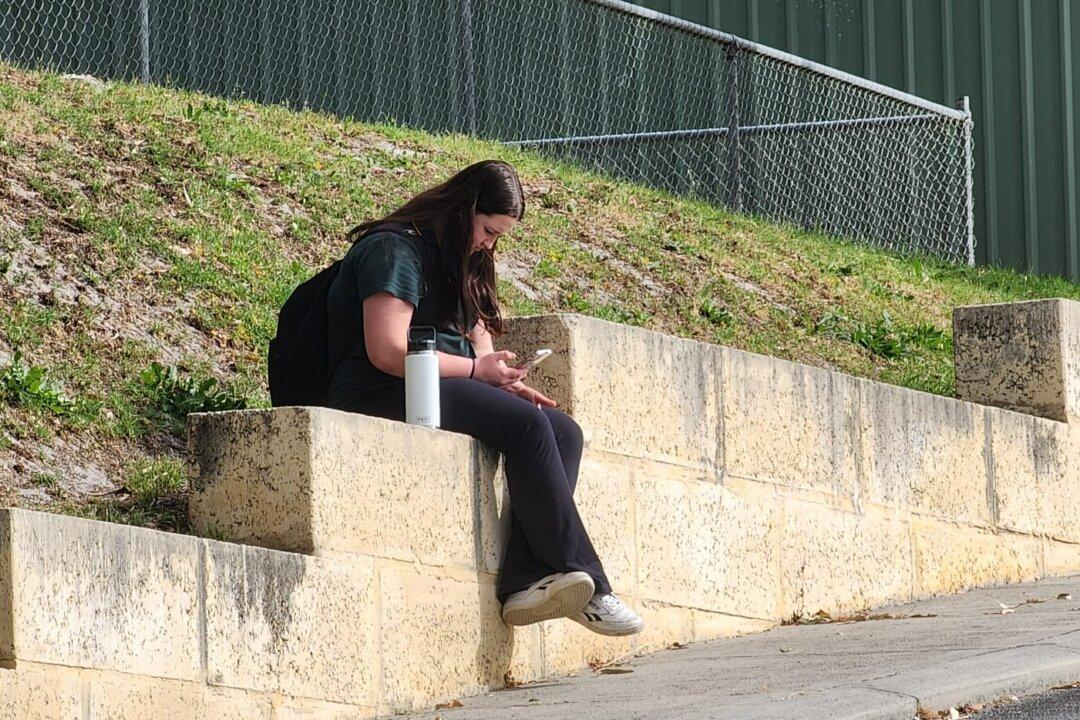The number of Australian students who understand how the country’s democracy works has plunged to its lowest recorded level.
Instead, students are being heavily influenced by social media content and are more concerned about global issues, as well as social justice causes like climate change.





